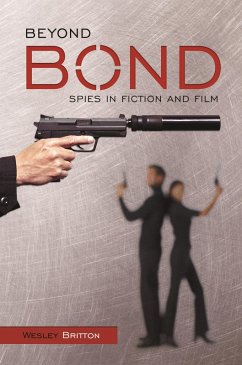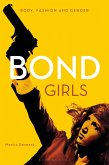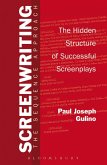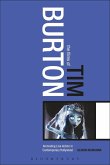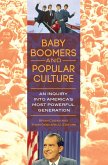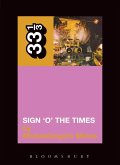At a time when the methods and purposes of intelligence agencies are under a great deal of scrutiny, author Wesley Britton offers an unprecedented look at their fictional counterparts. In Beyond Bond: Spies in Film and Fiction, Britton traces the history of espionage in literature, film, and other media, demonstrating how the spy stories of the 1840s began cementing our popular conceptions of what spies do and how they do it. Considering sources from Graham Greene to Ian Fleming, Alfred Hitchcock to Tom Clancy, Beyond Bond looks at the tales that have intrigued readers and viewers over the decades. Included here are the propaganda films of World War II, the James Bond phenomenon, anti-communist spies of the Cold War era, and military espionage in the eighties and nineties. No previous book has considered this subject with such breadth, and Britton intertwines reality and fantasy in ways that illuminate both. He reveals how most themes and devices in the genre were established in the first years of the twentieth century, and also how they have been used quite differently from decade to decade, depending on the political concerns of the time. In all, Beyond Bond offers a timely and penetrating look at an intriguing world of fiction, one that sometimes, and in ever-fascinating ways, can seem all too real.
At a time when the methods and purposes of intelligence agencies are under a great deal of scrutiny, author Wesley Britton offers an unprecedented look at their fictional counterparts. In Beyond Bond: Spies in Film and Fiction, Britton traces the history of espionage in literature, film, and other media, demonstrating how the spy stories of the 1840s began cementing our popular conceptions of what spies do and how they do it. Considering sources from Graham Greene to Ian Fleming, Alfred Hitchcock to Tom Clancy, Beyond Bond looks at the tales that have intrigued readers and viewers over the decades. Included here are the propaganda films of World War II, the James Bond phenomenon, anti-communist spies of the Cold War era, and military espionage in the eighties and nineties. No previous book has considered this subject with such breadth, and Britton intertwines reality and fantasy in ways that illuminate both.
He reveals how most themes and devices in the genre were established in the first years of the twentieth century, and also how they have been used quite differently from decade to decade, depending on the political concerns of the time. And he delves into such aspects of the genre as gadgetry, technology, and sexuality-aspects that have changed with the times as much as the politics have. In all, Beyond Bond offers a timely and penetrating look at an intriguing world of fiction, one that sometimes, and in ever-fascinating ways, can seem all too real.
At a time when the methods and purposes of intelligence agencies are under a great deal of scrutiny, author Wesley Britton offers an unprecedented look at their fictional counterparts. In Beyond Bond: Spies in Film and Fiction, Britton traces the history of espionage in literature, film, and other media, demonstrating how the spy stories of the 1840s began cementing our popular conceptions of what spies do and how they do it. Considering sources from Graham Greene to Ian Fleming, Alfred Hitchcock to Tom Clancy, Beyond Bond looks at the tales that have intrigued readers and viewers over the decades. Included here are the propaganda films of World War II, the James Bond phenomenon, anti-communist spies of the Cold War era, and military espionage in the eighties and nineties. No previous book has considered this subject with such breadth, and Britton intertwines reality and fantasy in ways that illuminate both.
He reveals how most themes and devices in the genre were established in the first years of the twentieth century, and also how they have been used quite differently from decade to decade, depending on the political concerns of the time. And he delves into such aspects of the genre as gadgetry, technology, and sexuality-aspects that have changed with the times as much as the politics have. In all, Beyond Bond offers a timely and penetrating look at an intriguing world of fiction, one that sometimes, and in ever-fascinating ways, can seem all too real.

